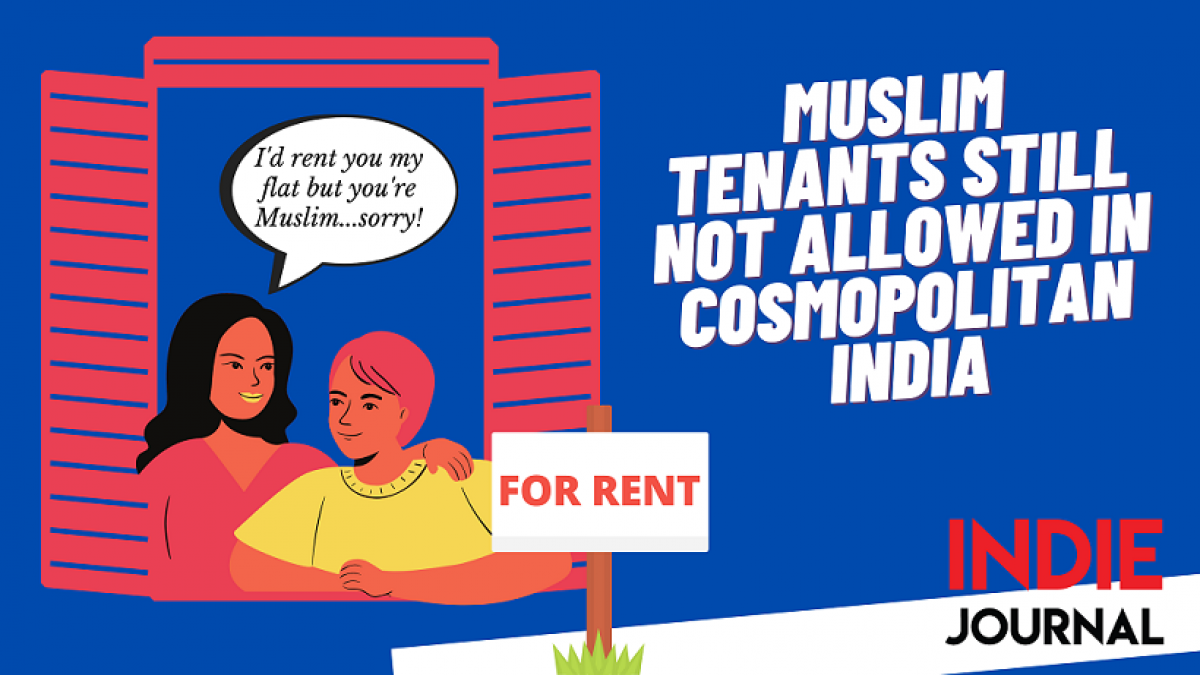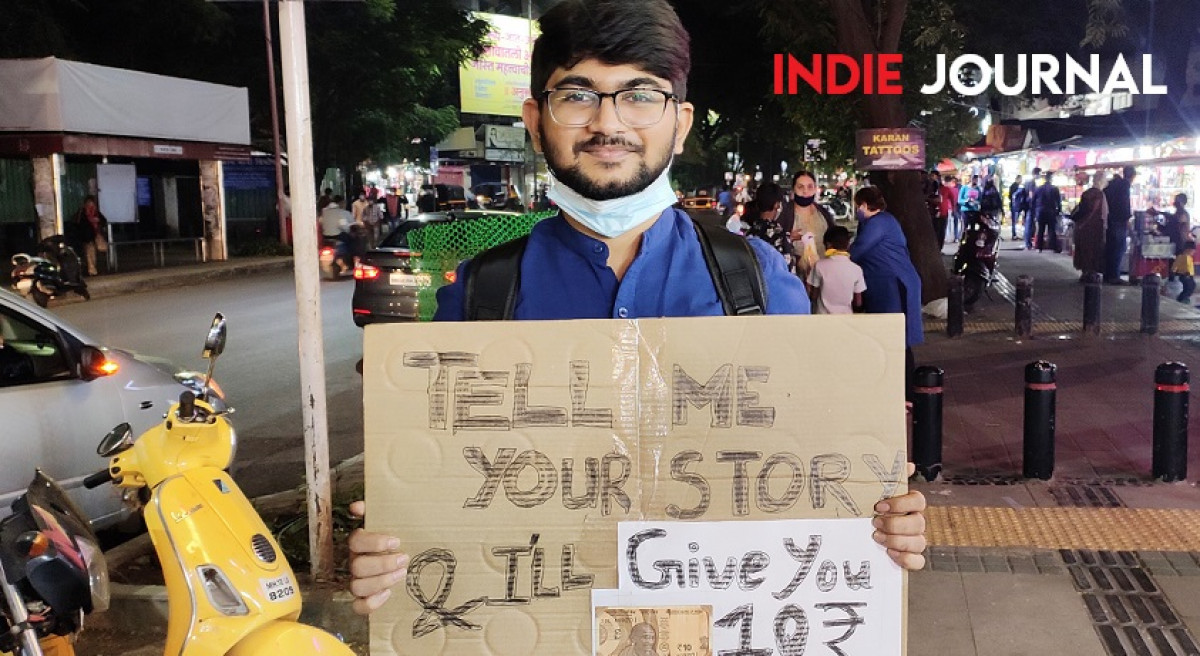Mid West
Yemen is undergoing the worst humanitarian crisis of recent times
The Yemen war is now in its fifth year,

The Yemen war, now in its fifth year, has been branded as the worst humanitarian crisis in recent times. Lakhs of civilians have been killed so far; two-thirds of those were killed by Saudi-led air strikes; 85,000 children may have starved to death. According to the UN's Under-Secretary General for Humanitarian Affairs, Mark Lowcock, more than 3.3 million people have been displaced; and 80% of the population needs assistance and protection, including 10 million now reliant on food aid. A UN report has also hinted at war crimes such as rape, torture and use of child soldiers.
Background
It all began in 2015, when President of Yemen, Abdrabbuh Mansur Hadi faced dissent and conflict from Houthi armed movement, an Islamic religious-political movement backed by former President Abdullah Saleh and supported by Al Qaeda. After Houthi forces captured the Yemeni capital of Sana’a, they started advancing on surrounding territories. Saudi Arabia, Iran’s regional rival thought of this as an Iran-backed coup on Yemen, thus forcing the ruling princes to act on it by helping Hadi.
Yemen military forces, backed by Saudi Arabia army fought against the Houthis and put up a strong resistance. Saudi sent their own military troops to fight AQAP and conducted airstrikes to hit the Houthi occupied Al Anad air base forcing it to be evacuated.
Additionally, in March 2015, when Houthi forces had encircled Hadi’s secured territory in Aden, Hadi had fled in a boat, only to resurface later in the Saudi capital of Riyadh, where he was greeted by Saudi Prince Mohammad bin Salman Al Saud. Saudi Arabia had also conducted the renowned Operation Golden Arrow where they recaptured Aden along with the Yemeni military forces.
However, Al Qaeda in Arab Provinces (AQAP) and Islamic State of Iraq and Levant (ISIL) had captured surrounding neighbourhoods around Aden, temporary capital of Yemen.
A war situation had begun; Many experts termed this war as an extension of the Irani-Saudi Arabia cold war wherein Houthi claims himself to be the Iran-supported ruler of Yemen while Hadi claims himself to be the legitimate ruler of Yemen.
When Aden was under Houthis, transport to and from the city was banned leaving the civilians stranded with no food for days. After recapturing Aden, Saudimilitary brought much needed supplies and relief aid for the Yemeni civilians while a UN ship, first in four months, docked with relief supplies, also reached the city. Medical supplies, relief material and technical team to rebuild immediate infrastructure were sent by UAE in the following weeks.

Allies of Yemen
UAE has also been playing an active role against fighting the AQAP and ISIL forces in Yemen, so much that AQAP presence in Yemen has been at its weakest since 2012. While critics state that UAE offered AQAP forces bribes and deals to leave the country, UAE Brigadier General Musallam Al Rashidi has brushed off the allegations saying Al Qaeda cannot be reasoned with or paid money to as that will strengthen the terrorist organisation financially. Rashidi further went on to say that albeit innocent civilians were “accidentally” killed in these clashes, UAE military has been more successful in eliminating AQAP and ISIL from Yemen.
According to The Guardian, UK has sold at least £5.7bn worth of arms to the Saudi-led coalition fighting in Yemen since 2015 while also providing training to 40 Saudi officers at prestigious British military colleges.
In Egypt, on suggestions of Egyptian President Abdel Fattah Al-Sisi, the Arab League too formed a unified military force to retort to the Yemeni conflicts.
The Spanish government, after initially cancelling the sale of 400 laser-guided bombs to Saudi Arabia, however reversed their decision and indirectly helped Hadi government in the war.
This war between the Houthi forces aided by AQAP and ISIL, and the Hadi government backed by multiple nations has gone on for 5 years and has resulted in one of the worst world humanitarian crises of all times. This year, the war has crossed borders with Houthi rebels attacking border towns of Saudi Arabia with missiles and drones. They haven’t spared ships in Red Sea, and reportedly few parts of Riyadh as well as UAE.

Current milieu
Over the last five years, multiple battles have taken place – the Battle of Mukalla, Aden, Dhale, Sana’a and Al Masini valley being the important ones. Albeit coalition forces have killed dangerous Houthi leaders in the battles, they are also responsible for conducting airstrikes and bombing schools, hospitals, market places and funerals, thus killing lakhs of civilians.
Just last week, missile and drone attacks were launched at a military parade and a police station in Aden killing at least 40 people and injuring multiple others. While Saudi Arabia’s envoy has blamed Iran for enabling Houthis to co-ordinate the attacks, the tragedy has underscored how Yemen as a battleground has made its population insecure and scared to live peacefully.
The attacks came after UAE partially withdrew its troops from Yemen owing to rising tensions in Persian Gulf amid a crisis between Washington and Tehran following the U.S. pull-out last year from the nuclear deal with Iran. The UAE believes it helped largely by preventing the Houthis from taking over Yemenwhich it considers would have ultimately given Iran control over the strategic Bab al-Mandeb Strait between Africa and Arabia.
Saudi Arabia had also backed off from providing more aide to Yemen considering how vulnerable Riyadh had grown to the Houthi attacks. After investing billions of riyals into the war, Saudi finds its towns and airports regularly targeted by increasingly sophisticated Houthi drones, leaving Riyadh in a weaker position than it was in 2015.
The UN and human rights groups have considered the possibility and impact of war crimes that may have been committed by coalition forces over the years. Human Rights Watch (HRW) and Amnesty International, both in separate statements have stated that the 2015 airstrikes conducted by Saudi Arabia in Sa’dah, Sana’a, Aden, Hodeidah, Hajjah and Ibb have killed hundreds of civilians. UN Humanitarian co-ordinator for Yemen, Johannes van der Klaauw has seconded these statements citing breach of international humanitarian law.
America was also accused of committing war crimes and aiding the coalition forces; in May 2018 Trump had authorised arms sales to the Saudis worth $110 billion thus indirectly defining Yemen as the famine crime of this generation, perhaps this century. According to the Armed Conflict Location and Event Data Project, 4,800 of about 7,000 civilian fatalities have been caused by the Saudi-led coalition since 2016, while the Houthis are accountable for 1,300 civilian deaths. Hence, more than the Houthis, Yemen and its coalition forces have faced more accusations from the UN.
According to NGO reports about impact on Yemen civilians, women and children were most susceptible to sexual violence, forced labour, prostitution and human trafficking. More than 2 million students have dropped out of schools and are either sold as sex slaves abroad or used as child soldiers on both war sides. Thousands of civilians have lost their lives to mine attacks, bombings, airstrikes, violence, assault and torture.

Today, Houthis still control large part of Yemen, including its capital Sana’a. Both the sides fight against each other to capture and exercise its power on all of Yemen. They have fought to a stalemate resorting to UN sponsored talks, last of which was held in Sweden in December 2018, but have failed to implement any deal to end the long war.
A top U.N. official had recently said the war has knocked Yemen back 20 years in terms of development and access to education. Under a December cease-fire agreement, both sides were to withdraw their forces from Hodeida. The withdrawals are considered an important first step toward ending the civil war. But both sides have expressed their lack of trust and accused the other of violating cease-fire.
Yemen civilians are looking at an impending famine, probably the worst of all times whilst a humanitarian aid has been blocked banning civilians from moving around the country or leave. However, UN food agency reached an agreement with Houthis to resume food deliveries by air to rebel-controlled parts of Yemen, after a month.





